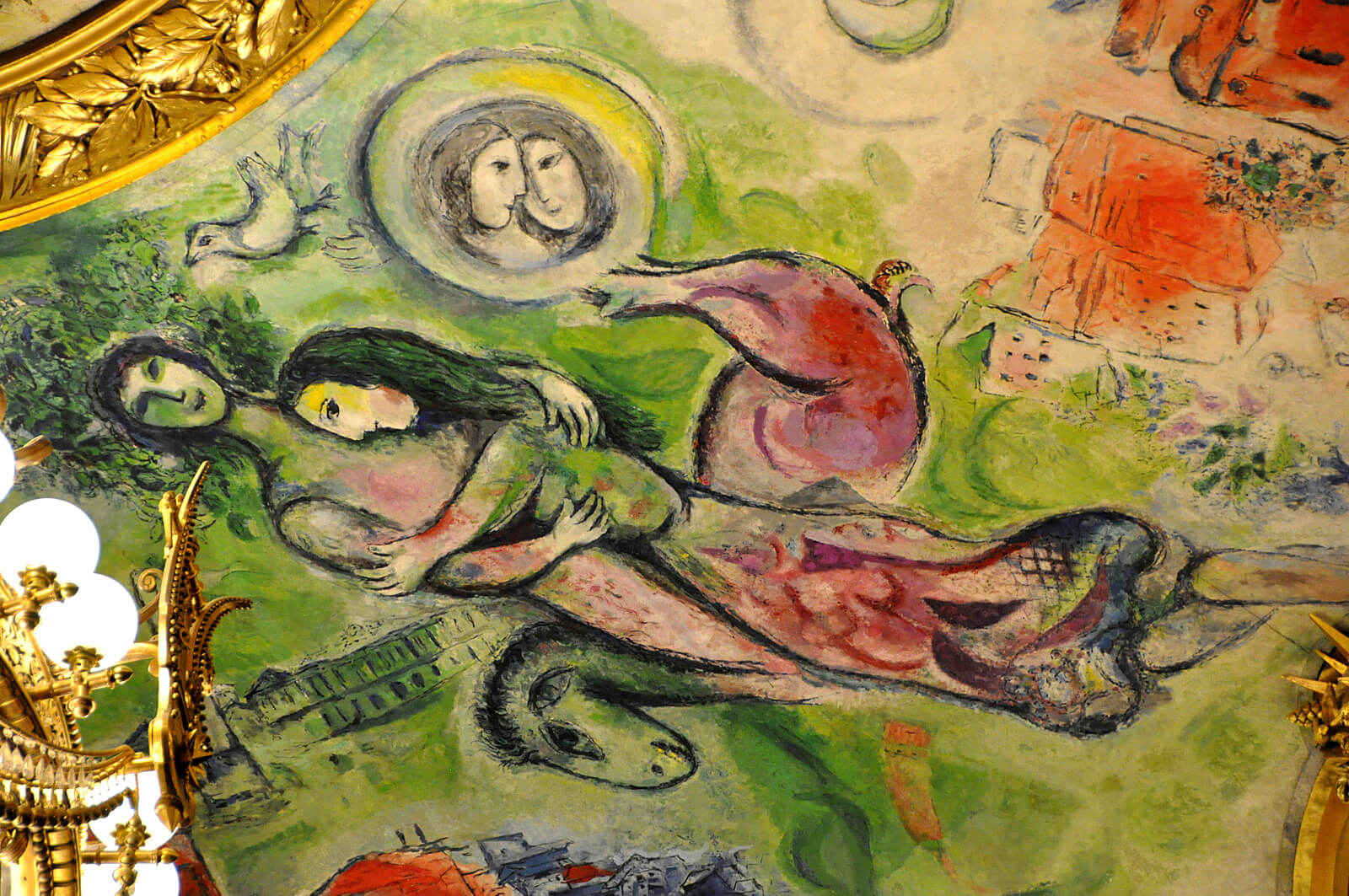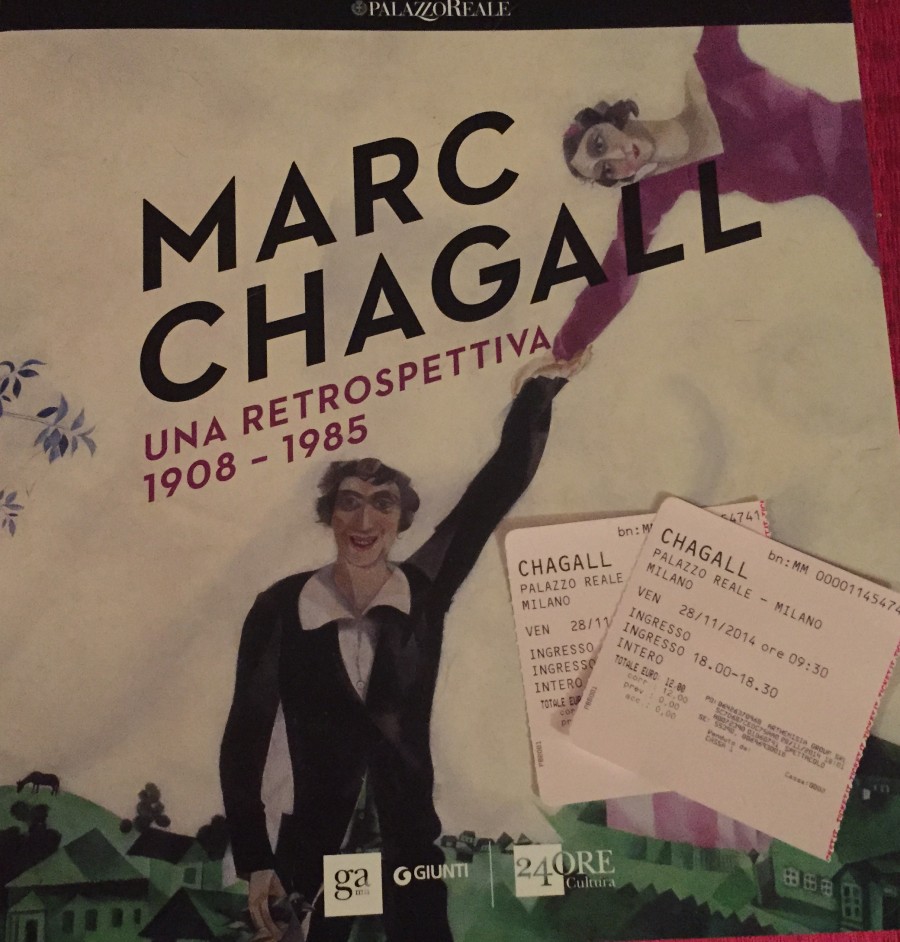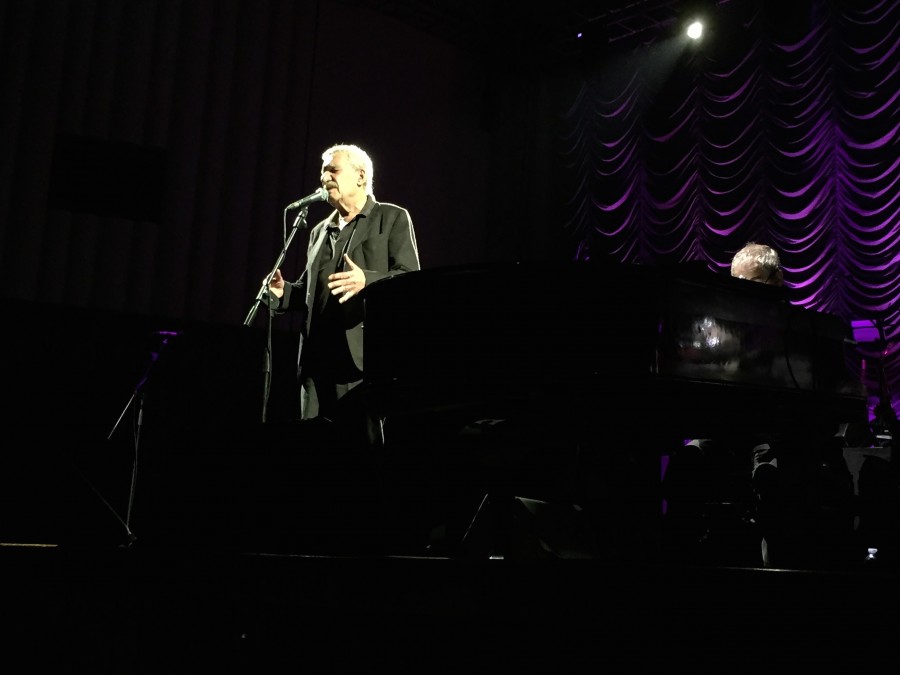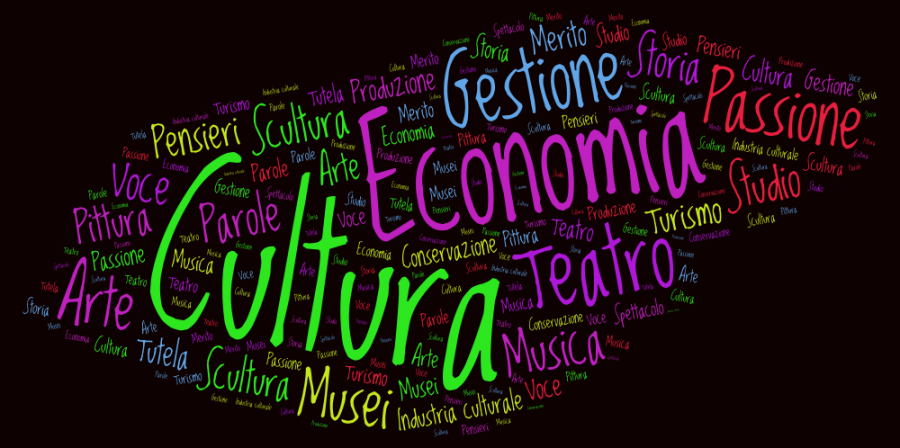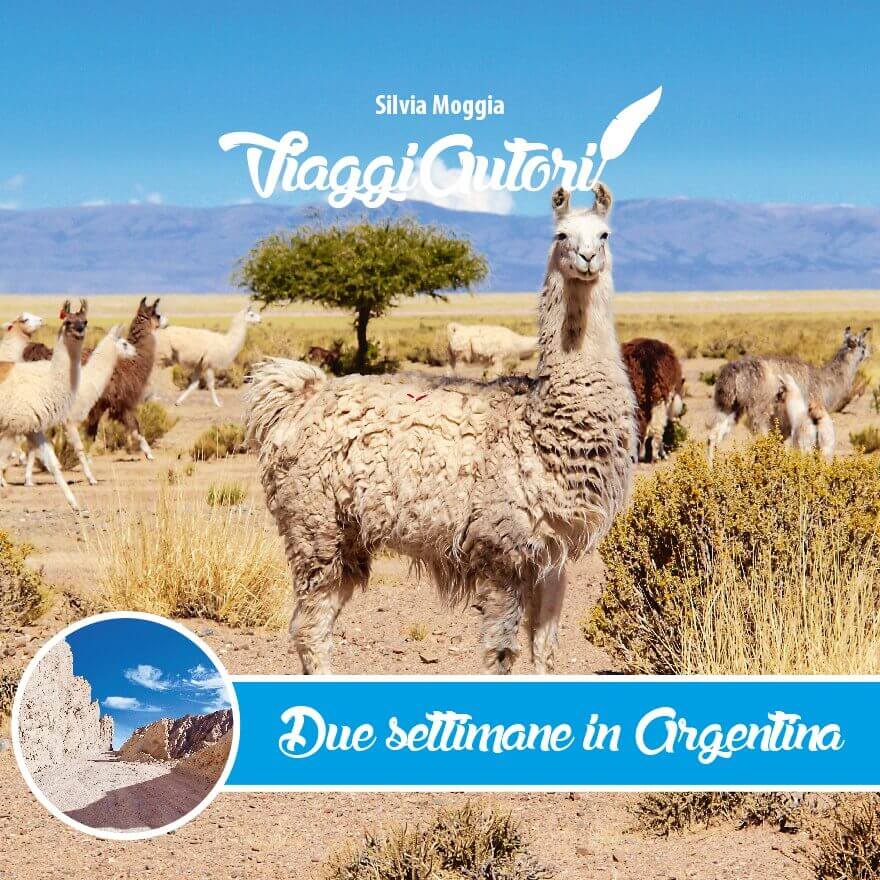Nothing feeds as culture…
Yesterday Ale and I spent the last hours of the day in Milan, visiting the retrospective of Marc Chagall at the Royal Palace and the concert of Paolo Conte in the Sala Verdi of the academy of music.
At the Royal Palace I discovered works by Chagall I did not know because coming from private collections and have widened my understanding of this artist who has traveled for his thirst for knowledge, but also cause he had no choice, who has suffered and loved and whose creativity has been able to sublimate his emotions, his culture, the Russian tradition, Judaism and the avant-garde. A few years ago I read his autobiography, “Ma vie” (which I recommend), but it’s not the same thing. To understand and get to know an artist there is nothing like observing his work.
An artist who has always made me dream and who for years gave me shelter and serenity under the ceiling of the Palais Garnier, which he painted upon request of André Malraux. When ministers were masters in economy of culture…
The only discordant note of this visit was the clash between fantasy and beauty of the exhibited works, the venue and the rudeness of the staff supervisioning the halls and welcoming the visitors. Staff munching biscuits while forbidding visitors to take pictures of painting one can photograph when exposed at the National Gallery or at the Centre Pompidou.
Leaving the Royal Palace we headed to the Academy, to attend the concert of the Artist Paolo Conte.
The aesthetic of the Sala Verdi is basically not existing, but acoustic is absolutely perfect for this kind of repertoire. Conte and his fantastic musicians had us spend two hours of pure emotion. He decided to perform only a few songs of the last album “Snob”, to offer his public songs long known and loved. Texts, orchestration, timing and rhythm absolutely ideal, just as his audience, among which it was impossible not to notice the other Artist Vinicio Capossela…
Even here, the only discordant note has been the staff in the auditorium.
These few hours in Milan did me well, enriching and nourishing me.
… les gens qui font rire…
Before leaving Italy I was accustomed to being told that “culture can’t feed people”… when during high school I started to talk about opera and sculpture, when I applied at the university to study Conservazione dei Beni Culturali (i.e. Cultural Heritage Preservation), when I left to study history of music and when I applied for a master’s degree in economy and culture management. I did not understand this warning and at that time my passion and determination were such as to do not care about it and point to my goal. Culture nourished me and then provided me food for long years abroad and now that I am back and that the “culture can’t feed people” statement is no longer just a warning to me, but it seems to be a global leitmotiv, I can no longer ignore it.
Sure, culture will never provide with food as long as this statement will seem true or better, as long as our politicians and managers, who should ideally be enlightened and capable visionaries, will think so.
Culture will not provide with food as long as the pair economy-culture will be considered demeaning for the culture or not profitable for the economy and it will be so until the economy of culture will not be a standard subject of study, analysis and specialization. When it will be, shamefully late and unwillingly, it will be clear to anyone who govern and administers that carelessness and destruction of culture are synonyms from practical perspective, that to preserve and safeguard must go hand in hand with producing, developing and promoting, that public and private sectors need to interact, collaborate and support each other.
Culture will not provide with food as long as theaters, museums, academies and archeological, historical and cultural sites will be managed like they were public offices, often seen by politicians as permanent jobs to be granted in exchange for something or simply not to have problems.
For instance, working in a theater requires passion and can not do without it. It is not a job like any other that you can get used to. It is a world apart. Generalizing, the Italian theaters are managed as post offices or public administration offices under the administration point of view and let in the artistic agencies’ hands for the artistic part and this due to the inadequacy of people covering the managerial positions. Theatre is something else. Our theaters are not fighting against bankrupt because Italians do not visit them or because they do not produce tourism, if anything it’s the opposite.
If directors were not appointed for political reasons, but for established competence and based on detailed submissions of specific projects, if they were managed by professionals in their various areas, if they were employing specialized and passionate staff as in serious theaters abroad, if they were scheduling seasons with criterion and in advance regardless of subsidies or better by pointing to certain grants and sponsorship, if they cast with taste and judgment instead of bargaining “packages” proposed / imposed by agencies… In short, if the theaters were managed as such, not only they would reduce costs, but they could also create and increase revenue for towns and regions hosting them. Same thing, or perhaps even more, if we talk about festivals and museums, whose managers should really cooperate.
The European Union indicates that our collective cultural heritage generates an annual turnover of 335 billion euro and 9 million jobs (direct and indirect). The technological sector related to its preservation produces a turnover of about 5 billion a year. And if all EEC countries would start to actually deal with the economy of culture which figures would we get? Which figures might we reach in the tourism sector? And in the transport one?


